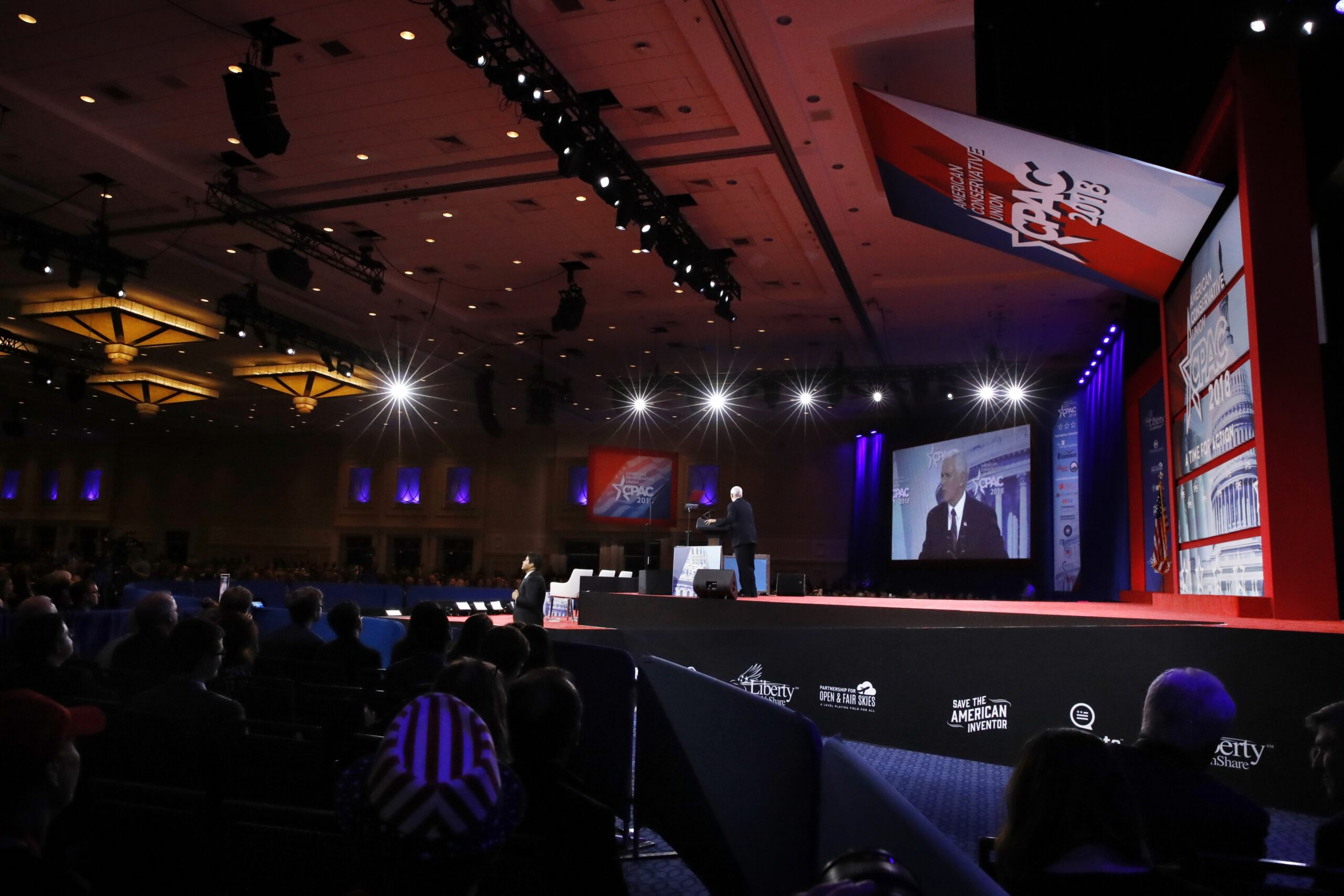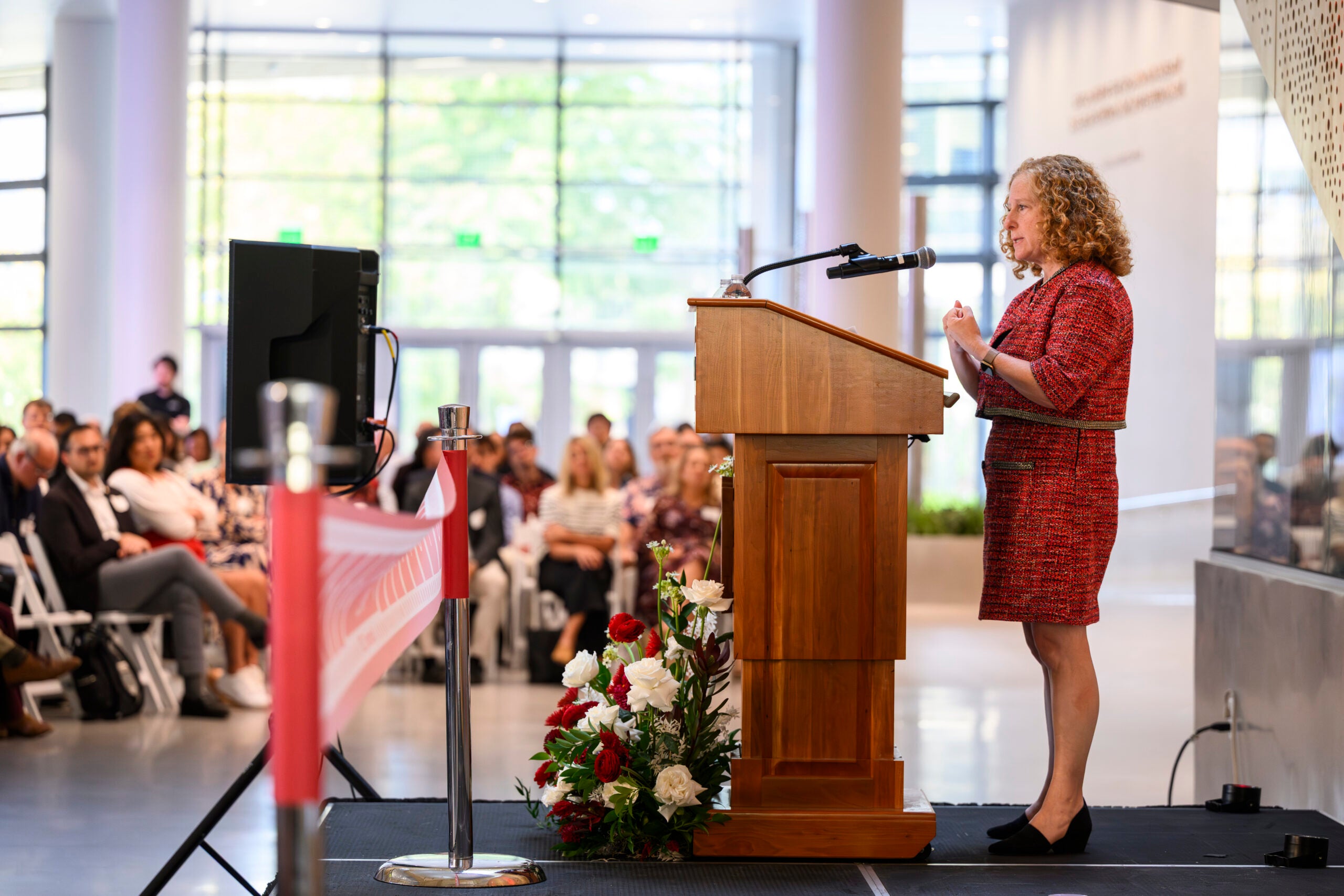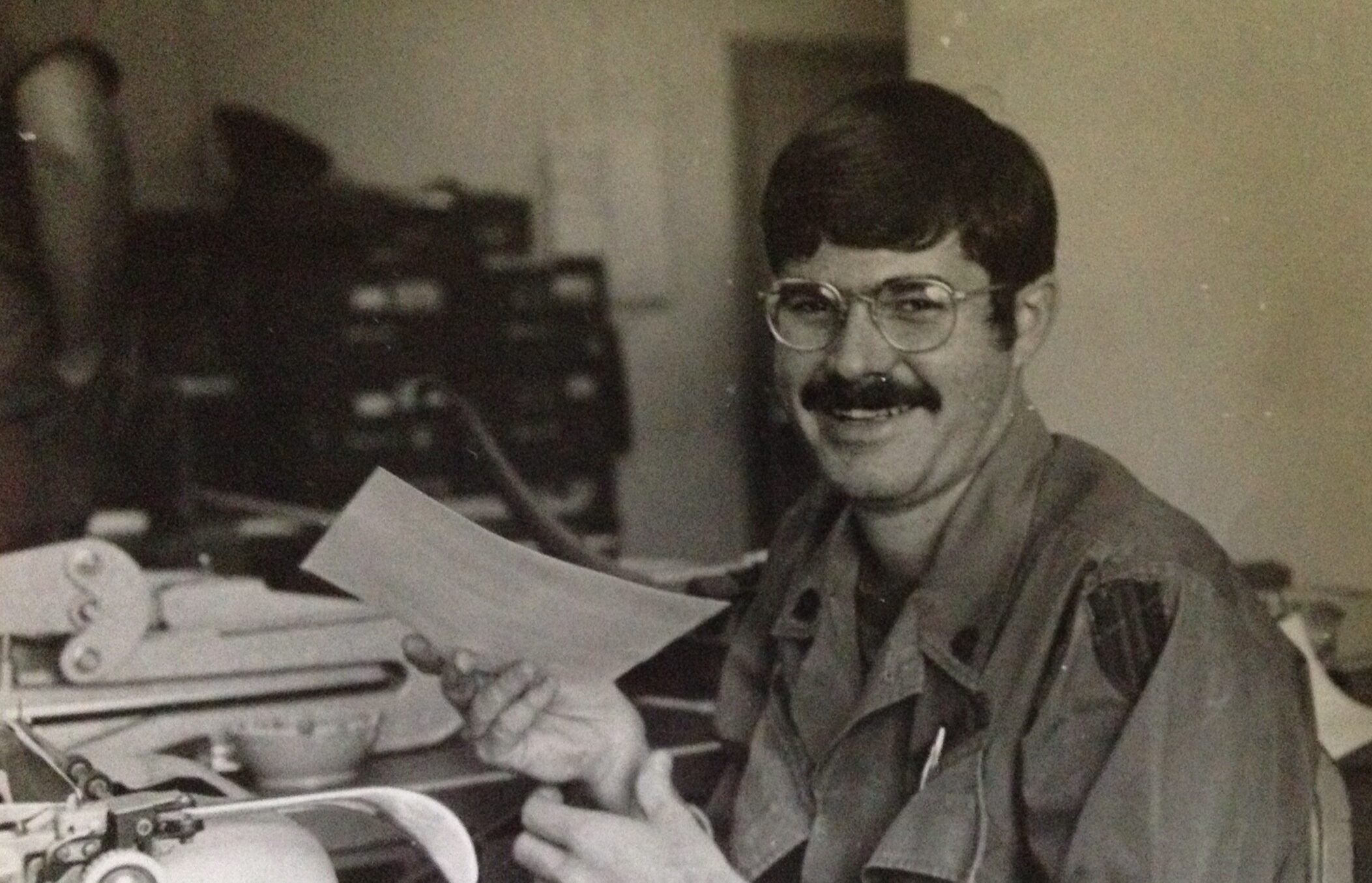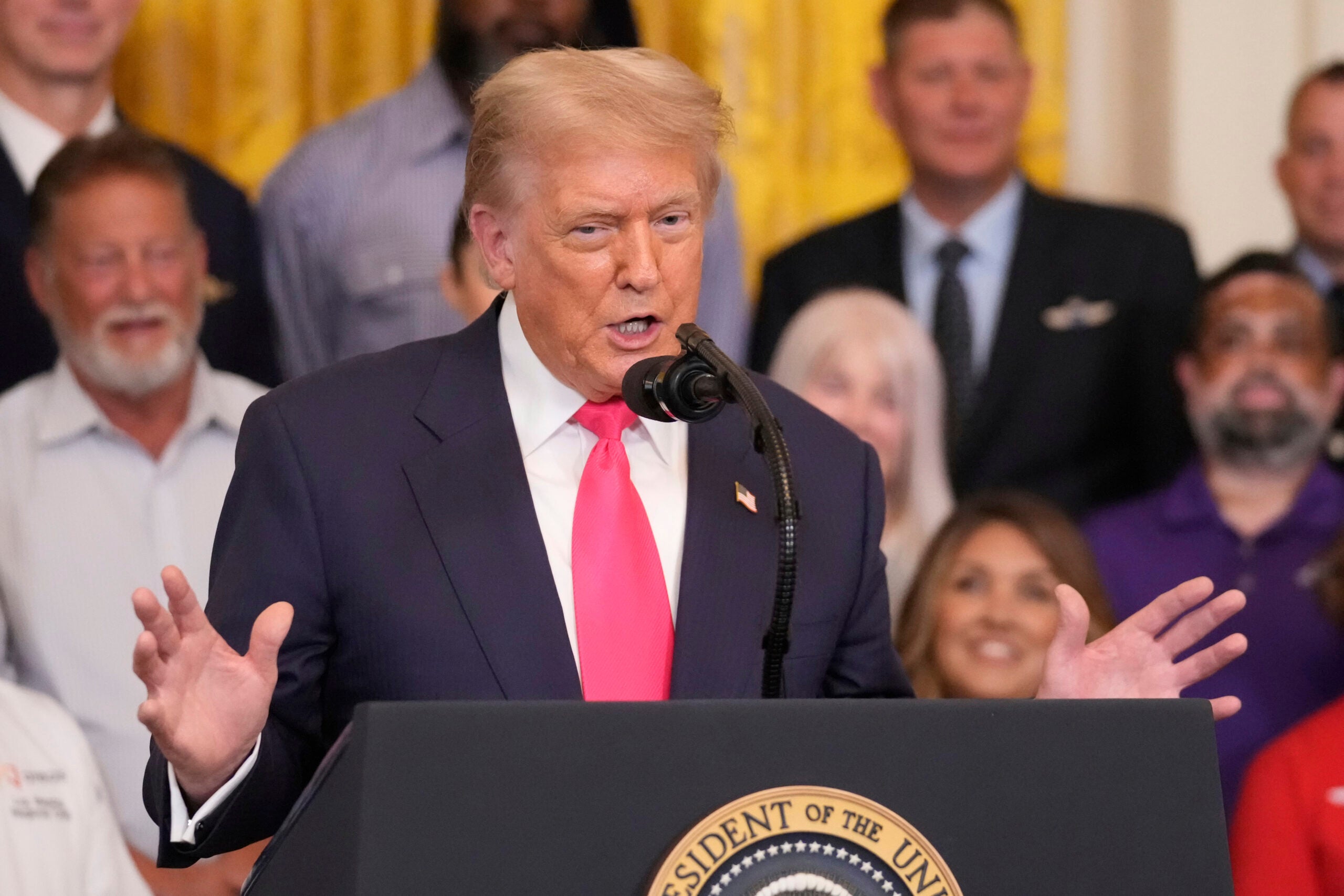Conservatives are making gains in America. That’s according to the leader of The Bradley Foundation based in Milwaukee. Our guest explains the ways people embrace conservative ideas and improve their communities. Our second guest continues the discussion through the lens of college professors who hold conservative views but struggle to find a place in higher education.
Featured in this Show
-
Conservative Values Making Gains Across US, Former US Ambassador Says
Conservative values are gaining momentum across the United States, says Rick Graber, president and CEO of the Bradley Foundation, a private, grant-making organization based in Milwaukee.
The 2018 midterm election season is already underway, and voters in Ohio, Indiana, West Virginia and North Carolina cast their ballots Tuesday choosing three of the 10 candidates who will challenge Democratic U.S. senators later this year in states President Donald Trump won.
“It could very well be a challenging year for Republicans, but we’ll see,” said Graber. “The time between now and November is a long time in the political world, and there are some key states in the Senate map.”
Graber, a lawyer, lobbyist and former U.S. ambassador to the Czech Republic under President George W. Bush, wrote an op-ed for The Hill claiming states are adopting conservative policies that are helping Americans thrive, and awarding them more freedoms.
WPR’s Kate Archer Kent recently spoke with Graber about his op-ed. This interview has been edited for brevity and clarity.
Kate Archer Kent: What prompted you to write an opinion piece that showcased the conservative mission you see in play around the country? Why now?
Rick Graber: Well, I think there’s a lot of wringing of hands, of complaining of angst among conservatives and others, and I think when you step back and you look at the environment and what’s going on around the country — frankly whether you’re conservative or liberal — there’s some things to be pleased about. There’s some progress that’s being made and I can point to a couple of different areas.
One would be innovation. We see it here in the state of Wisconsin, particularly in the Madison area … where entrepreneurs and innovators are thriving. I think part of it is due to a rollback in regulation, taking government off the backs of some of these folks and making it easier to start businesses. That’s a positive step forward. It creates jobs, creates opportunity … and to me, that’s hard to argue with.
KAK: In your article, you draw a line between Washington and the rest of the country. Why do you set up this dichotomy?
RG: So much of the focus is on Washington, the coast and the big cities. Part of the point I’m trying to make is that in the Heartland there are some positive things going on. People are doing things on their own without government and are succeeding.
A big focus for The Bradley Foundation is tackling some of the really tough problems, like drug and alcohol abuse and helping kids and adults out of the justice system. We believe that part of what’s made this country unique are strong families, neighborhoods and voluntary organizations. And it’s those kinds of groups that are tackling the tough problems in Milwaukee and around the state. That’s the kind of stuff that’s happening day to day that doesn’t get reported on.
KAK: Wisconsin is a right-to-work state and you point out in your piece that you’re seeing more states go toward that trend. But Wisconsin has a history of strong union support, and you say conservative policy really helps economic success. Why do you encourage moving away from collective bargaining?
RG: I don’t think that’s what we’re encouraging, but we are encouraging individual freedom, the right of workers to decide if they want to be part of a union. Part of our Constitution is based on individual liberties, freedom of speech, freedom of religion. They ought to be able to exercise those rights.
KAK: What conservative policies can you point to that are driving Wisconsin’s low unemployment rate?
RG: There are a lot of people that work. There are a lot of jobs, there are a lot of opportunities. We’re creating an environment in this state that encourages that. These policies take time. It’s a long process.
I look at school choice which is now part of the fabric of Wisconsin that started in the mid-1980s, and that story has yet to play out completely. But the fact that parents now have more choices as to where to send their kids to school, that’s a good thing and that’s good for the state of Wisconsin.
We need people who have a great education, and we’ve got a lot of work to do there, but it’s really important for our state to have those people coming up through the ranks, who have the skill set to work and lead a productive life and be a productive member of society.
KAK: Wisconsin has been in the national spotlight in recent years, congressman Paul Ryan is not running for re-election and Reince Priebus, former Republican National Convention chair and chief of staff at the White House, is no longer in those roles. How does that change Wisconsin’s place in the country?
RG: People don’t stay in these jobs forever. And we had a unique experience and opportunity in Wisconsin with Gov. (Scott) Walker leading at the state level and with the speaker of the house and the chief of staff to the president. So I mean that’s a great, great opportunity. It couldn’t last. We’ve just got to be thankful that guys like Paul Ryan and Reince Priebus stepped up to serve the public and made Wisconsin proud. And then they move on with their lives. That’s what this country is about. It’s not about career politicians, it’s about serving your country and then heading back to work or spending more time with your family.
Episode Credits
- Kate Archer Kent Host
- Kealey Bultena Producer
- Rick Graber Guest
- Joshua Dunn Guest
Wisconsin Public Radio, © Copyright 2026, Board of Regents of the University of Wisconsin System and Wisconsin Educational Communications Board.






